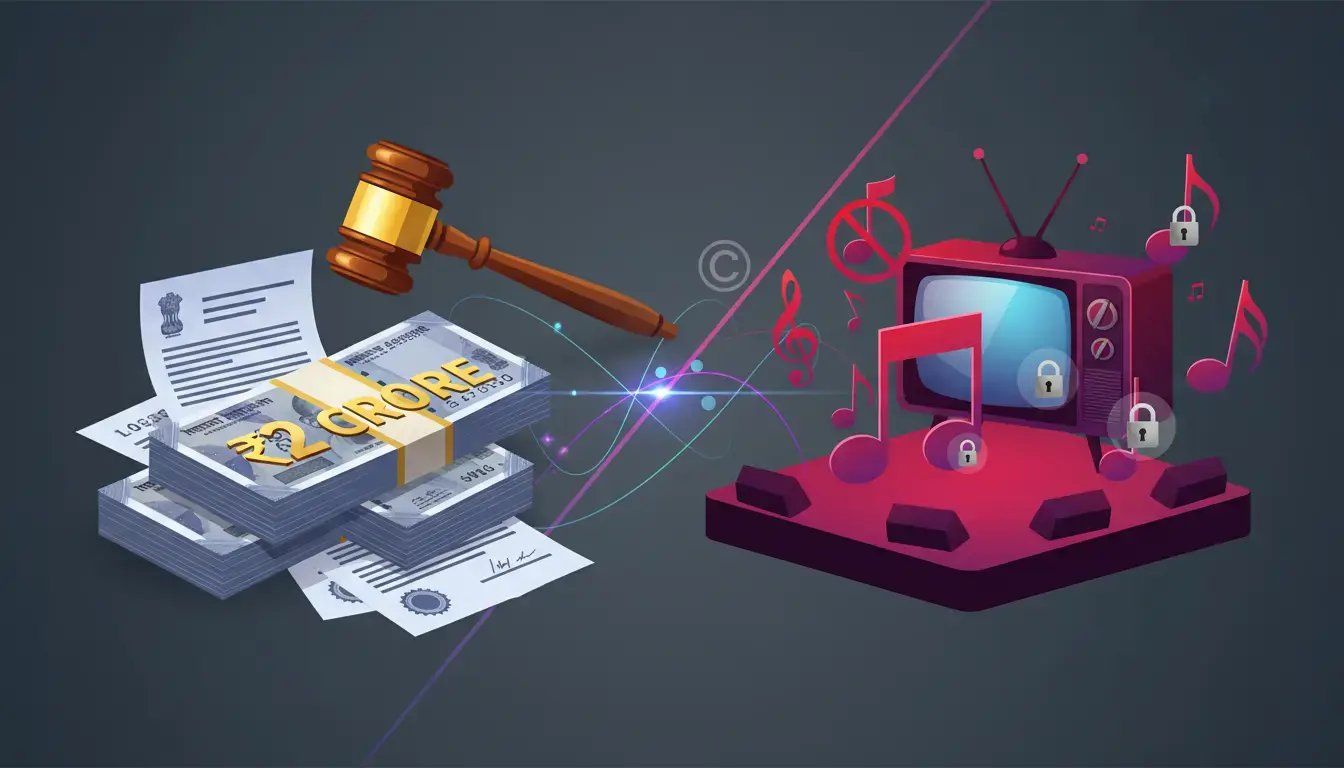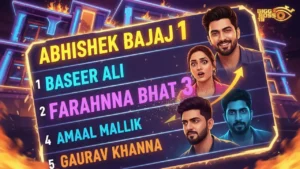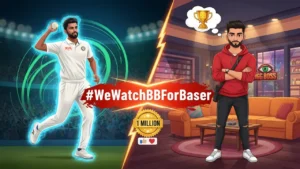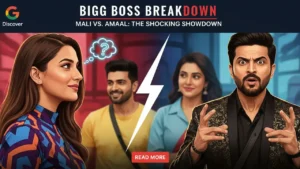The world of Indian reality TV is buzzing, but not for the usual dramatic reasons. Bigg Boss 19, one of the nation’s most-watched shows, is now entangled in a high-stakes legal battle, facing a massive ₹2 crore lawsuit for alleged copyright infringement. This development highlights the crucial importance of intellectual property rights in the entertainment industry, setting a precedent for content creators and producers alike.
Phonographic Performance Limited (PPL), India’s oldest and most prominent copyright licensing organization, has taken a firm stand against the makers of Bigg Boss 19. They are demanding a staggering ₹2 crore in damages and license fees, asserting that popular Bollywood tracks were used without proper authorization, a move that could reshape how music is integrated into major productions.
What the Data Reveals
- The Core of the Dispute: The lawsuit centers on the unauthorized use of two iconic Bollywood songs: ‘Chikni Chameli’ (from *Agneepath*) and ‘Dhat Teri Ki’ (from *Gori Tere Pyaar Mein*). These tracks were reportedly featured in Episode 11 of Bigg Boss 19, which aired on September 3, 2025.
- PPL’s Authority: Both songs are licensed to Sony Music Entertainment India, and PPL holds the exclusive rights to administer their public performance. This means any public broadcast, including on television shows, requires a license from PPL.
- Who’s Held Responsible: The legal notice, dated September 19, 2025, names Endemol Shine India and Banijay, along with their directors Thomas Gousset, Nicolas Chazarain, and Deepak Dhar, as the responsible parties. They are accused of a willful infringement under Section 30 of the Copyright Act 1957.
- Cease-and-Desist Order: Beyond the financial demand, PPL has also issued a cease-and-desist notice, prohibiting the producers from any further unauthorized use of these specific sound recordings in Bigg Boss 19 or any related content.
Real-Life Examples: The Ripple Effect of Unauthorized Use
Imagine the immense popularity of ‘Chikni Chameli,’ a song that instantly brings energy and recognition. When such a widely loved track is used without permission, it not only impacts the artists and record labels but also sets a dangerous precedent. This case serves as a stark reminder that even the biggest entertainment productions must adhere to copyright laws.
A source close to the production house offered a different perspective, indicating that Banijay and Endemol are not directly involved in song selection. Instead, a dedicated promo team at JioHotstar is responsible for handling those details. This raises critical questions about internal communication and the layers of responsibility within large media productions, potentially shifting the focus of accountability.
What You Should Do Next
This situation underscores a vital lesson for all content creators, broadcasters, and production houses: licensing is paramount. Ignoring music rights can lead to significant financial penalties and legal complications, impacting reputations and bottom lines. Always ensure that you have the necessary permissions and licenses for any copyrighted material used in your projects.
Industry experts predict that while many such disputes lead to out-of-court settlements, PPL’s involvement suggests a strong intent to pursue the matter legally if an agreement isn’t reached. This could escalate into a full-blown court battle, potentially setting a landmark legal precedent for music usage in reality television across India.
What are your thoughts on this high-profile copyright battle? Do you believe the responsibility lies with the production house or the promo team? Share your insights and join the conversation on the future of music rights in entertainment!




